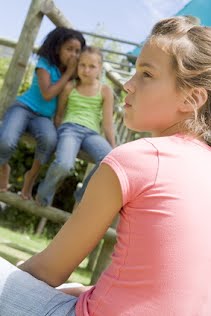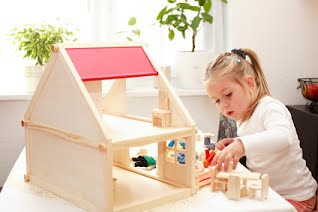What is Play Therapy?
“You can discover more about a person in an hour of play than in a year of conversation.” – Plato, Philosopher
Play therapy takes place with a Play Therapist and a child or young person. Play is a child’s natural language used to explore and express thoughts and feelings. Play Therapy can be used with children as well as young people aged three to 16 years old.
When a child has experienced a traumatic event or significant changes in their family, it can leave them feeling emotionally disturbed or distressed. A child will show this in a variety of ways; relationship difficulties, appearing withdrawn and sad, disruptive and angry behaviour, inability to cope, disrupted eating and sleeping patterns.
Play Therapy gives the child an opportunity to “play out” their problems or concerns at a safe, psychological distance so they do not have to play it out in the world.
It is the role of the Play Therapist to work with the child in a quiet place where judgements are not made. The Play Therapist does not seek to control the play or activities or ask questions about the child’s experiences, instead the therapist will follow the child’s lead in the session; which allows the child to express themselves in a way that is suited to their developmental level. This is important, as sometimes a child’s emotional or cognitive development can be arrested when they have experienced a negative event or relationship, as they are often left with overwhelming feelings of hurt, confusion and fright. When this happens it can leave the child functioning at a younger level than their chronological age. Through play therapy, this developmental regression usually stops once the child has worked through their muddled thoughts and feelings and has managed to gain an understanding of what has happened to them.
Through Play Therapy a child will learn about their own capabilities, social rules, work out the difference between fantasy and reality as well as rehearse new skills and have the opportunity to explore their understanding of events and so able to overcome emotional and psychological difficulties.This is done in a safe and gentle environment without any cognitive linking or obtrusive questioning by the Play Therapist. The child is not asked to explain what is troubling them and so, consequently, do not feel threatened.
Play Therapy takes place between a child and the Play Therapist in a defined play space. This can be in a specific playroom or play materials can be transported to schools, or other locations where a room can be set out before each session. During the session, the Play Therapy can take place through the use of sand, water, clay and paint, role play, movement, music, puppets and other toys and story-telling and creating. Please see the possible questions page where there are detailed answers to possible questions you might have.
The Benefits of Play Therapy
- An understanding of what has happened to them, which helps to clear some muddled thinking and emotions.
- Reduced anxiety and fears with this new understanding.
- Increased confidence in their ability to problem solve.
- Increased self-esteem.
- Increased ability that he/she can think things through and do more things for his/her self.
- Improved relationships with friends.
- Improved relationship with parents as the child person has worked through any traumatic and difficult feelings.
- Improved self-regulation where the child does not feel the need to “butt in” on others so much and becomes more aware to know when to speak and when to hold back.
- Child sees that they can “get it right” and try to do it more often with different things.
- Parent feels more confident or less anxious about their child person’s behaviour.
Please contact Debra for a detailed play therapy quotation. Please see www.bapt.info for more complete details about play therapy, ethical guidelines, complaints procedures and other professional issues.
REFERENCES BAPT (British Association of Play Therapists), 2009, Research Committee. “Play Therapy – Its relevance to 21st Century Needs of Children, Young People and Families”.
Bratton, S., Ray, D., Rhine, T., and Jones, L. (2006) “The Efficacy of Play therapy and Filial Therapy with Children: Summary of the Meta-Analytic Findings”.
Dwidedi KN (1997) “A handbook of childhood anxiety management”, Aldershot, Arena Ray, D., Bratton, S., 1999, “What the Research shows about Play Therapy”, paper presented to Annual Conference of the Association of Play Therapy in October 1999.
Popular Pages
- About Debra May
- Adult EMDR Clients’ Feedback
- Children’s EMDR Feedback
- Consultation
- Contact
- EMDR for Adults
- EMDR for Children
- FAQs
- Filial Play Therapy
- Home
- Play Therapy Clients’ Feedback
- Possible Questions
- Therapeutic Supervision
- Theraplay®
- What is Play Therapy?
- Would EMDR Work For Me?
- Would Play Therapy Work For Me?
Since play therapy [the child in question] has settled down in class and is more organised and wanting to “get things right.
Head Teacher
© Copyright 2024 Child & Family Play Therapy Ltd. — Design Tinderbox





